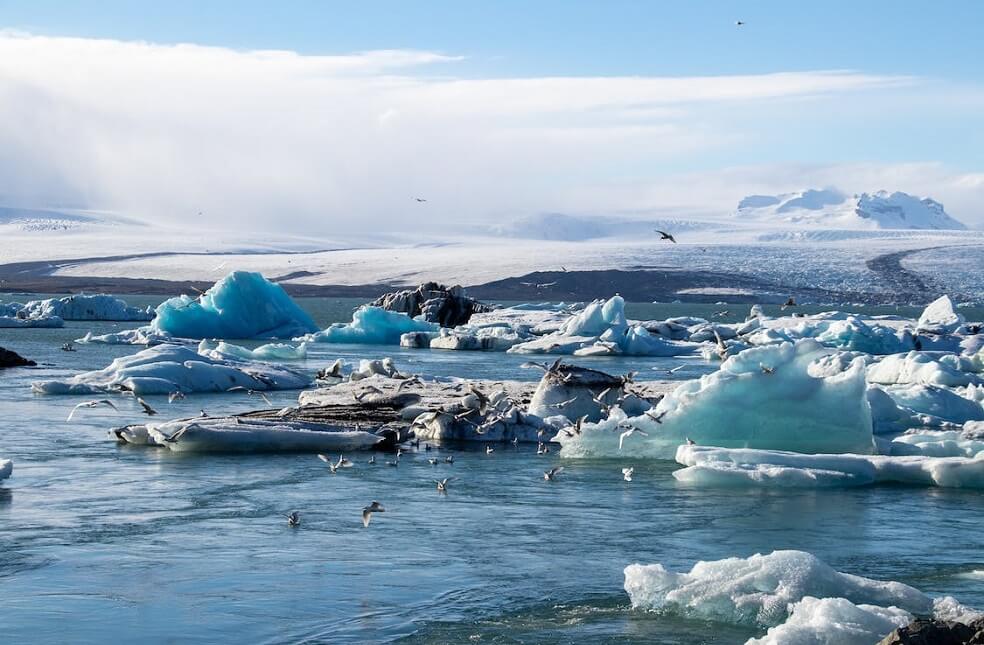United States: A recent United Nations University (UNU) report from Germany has identified approaching risk tipping points. The report emphasizes that having foresight about these points enables the potential for taking preventive action to stop them.
These tipping points can be set in motion by minor increases in their driving forces but can result in significant consequences.
The risk tipping points, distinct from the climate tipping points facing the world, such as the Amazon rainforest collapse and the Atlantic Ocean current shutdown, are driven by human-induced global warming.

Climate tipping points involve significant, broad-scale changes, whereas risk tipping points are closely linked to people’s lives through intricate social and ecological systems.
“As we indiscriminately extract our water resources, damage nature, and pollute both Earth and space, we are moving dangerously close to the brink of multiple risk tipping points that could destroy the very systems that our life depends on. We are changing the entire risk landscape and losing our tools to manage risk.” Dr. Zita Sebesvari, at UNU’s Institute for Environment and Human Security, remarked.
These tipping points encompass various challenges that California is actively addressing, such as groundwater depletion, surging insurance expenses, extreme heat, and species extinction.

Other concerns involve the melting of glaciers and the issue of space debris. United Nations officials note that when one system reaches its tipping point, it may trigger a cascade effect on other interconnected systems.
The report also showed that around 500,000 Australian homes are projected to become uninsurable by 2030, mainly due to the growing risk of floods.



